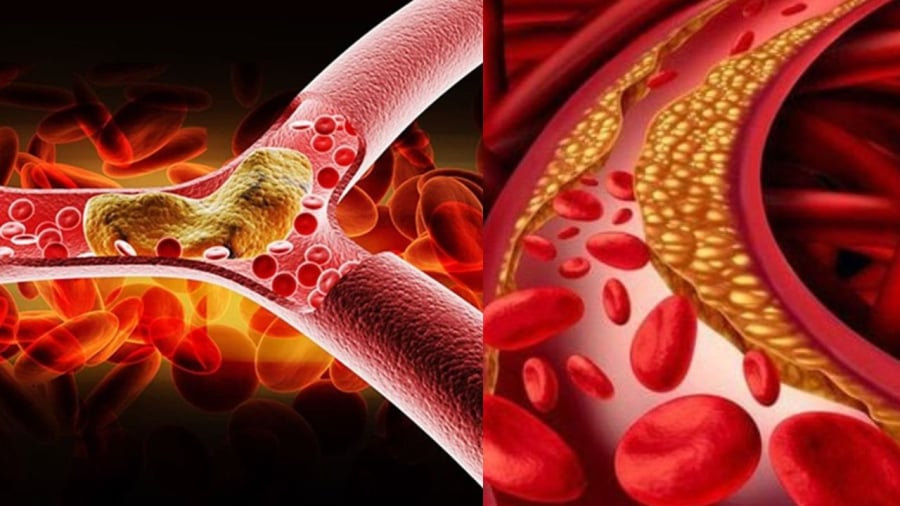High cholesterol, or high blood fat, is a modern health issue that has been increasingly highlighted in recent times. With advancements in society, we now face new challenges, and the issues of obesity, overweight, and high cholesterol are on the rise.
It is a common misconception that only overweight individuals are at risk of high cholesterol. However, according to experts, even thin people are not exempt from this health concern.
Being Underweight Doesn’t Exempt You from High Cholesterol
High cholesterol is a result of a disorder in lipid metabolism. Our bodies produce two types of cholesterol – the “good” and the “bad”. High cholesterol occurs when there is a decrease in good cholesterol and an increase in bad cholesterol, leading to an imbalance in the body’s cholesterol levels.
The following are risk factors that can contribute to high cholesterol:
- Lack of physical activity and exercise
- A diet high in fat and oil
- Smoking and alcohol consumption
- Family history of high cholesterol
Individuals who are underweight but lead an unhealthy lifestyle, such as smoking and drinking alcohol, are still at risk of developing high cholesterol. Of course, experts emphasize that the risk is higher for those who are overweight.

Those who are underweight and have an unbalanced diet, or who undergo extreme dieting, are also at risk of high cholesterol. Vegans and vegetarians who frequently cook with oil, such as stir-frying and deep-frying, may also have a higher risk of high cholesterol.
Age-Related Risks
High cholesterol is more commonly seen in individuals aged 40 and above, rather than in younger adults. If left uncontrolled, high cholesterol can lead to serious cardiovascular issues such as heart failure, heart attack, stroke, and kidney failure.

Adopting Lifestyle Changes to Lower Cholesterol
To reduce the risk of high cholesterol and manage existing high cholesterol, experts advise adopting a healthier lifestyle.
This includes engaging in regular physical activity and exercise. Instead of relying on modern conveniences that promote a sedentary lifestyle, opt for walking or taking the stairs instead of driving or taking the elevator. After meals, instead of sitting or lying down, try to stay active by moving around or standing. Limit your screen time by reducing the time spent watching TV or on your phone, and opt for face-to-face conversations instead of phone calls.

Refrain from smoking and limit your alcohol intake to maintain healthy cholesterol levels. Adopt a diet that is rich in fiber and low in fat, sugar, and refined carbohydrates. Ensure you get adequate sleep and avoid staying up late.
For those who are overweight, aim to lose 3-5% of your body weight and reduce your consumption of sugary and fatty foods. Change your cooking methods by opting for steaming and boiling instead of frying. Limit your intake of trans fats by avoiding deep-fried and processed foods.
High cholesterol is a pressing health concern, and by making these lifestyle changes, you can improve your vascular health and reduce the risk of stroke and cardiovascular disease.






























